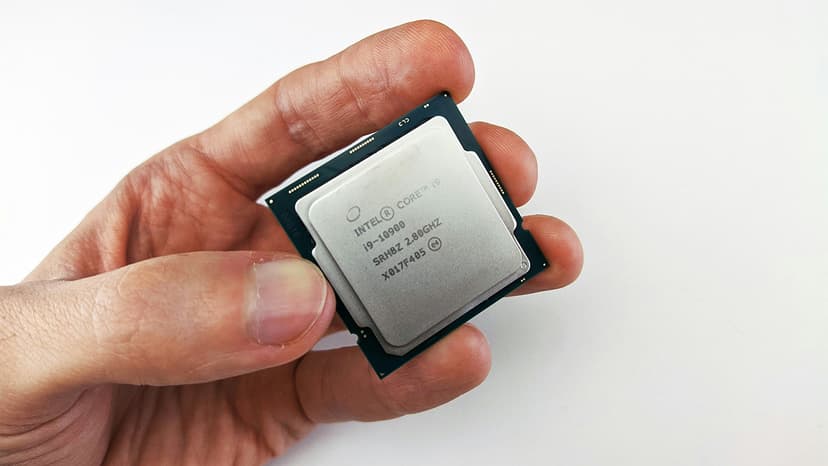Understanding the Popularity of Credit Over Cash
In the bustling economy where quick transactions and convenience reign supreme, many shoppers are opting to slide a piece of plastic instead of doling out crumpled bills. This shift from cash to credit is not merely a matter of evolution in spending habits but is underlined by several practical reasons which make credit cards favorable.
Ease of Use and Convenience
Credit cards offer an unmatched level of convenience, which is perhaps their most straightforward appeal. With a quick swipe or a tap, a transaction is completed in seconds. This ease greatly reduces the clutter and security concerns associated with carrying around a physical wad of cash. Consider a day of shopping; which sounds easier—managing multiple bills and coins or a single card tucked neatly in your wallet?
Additionally, in today’s digital era, online shopping is the norm for many consumers. Using cash online isn't exactly feasible without a workaround like a prepaid card or using services that translate cash into a form usable over the internet. Credit cards seamlessly bridge the gap between digital inventories and real wallets. Major retailers, such as Amazon, allow users to store multiple payment methods, making purchases as simple as clicking a button.
Building Credit History
Using a credit card wisely has a crucial additional benefit: building credit history. A strong credit history is vital for significant life events, such as applying for a loan, renting an apartment, or buying a house. Regular use of a credit card, followed by prompt payments, builds a positive credit report that can facilitate financial approvals and better interest rates in the future. Thus, every swipe of a card can be a step towards solidifying one's financial foundation—a feat cash simply cannot achieve.
Security Features
In the unfortunate event of financial fraud or theft, credit cards offer a safety net that cash does not. Most credit card companies have robust security measures in place to detect unusual transactions and protect users against fraudulent charges. In contrast, once cash is stolen, recovering it is often a complex, if not impossible, task.
Furthermore, modern credit card features such as chip technology and contactless payments add layers of security against skimming and other similar theft tactics, making them a much safer form of spending in public or high-traffic areas.
Rewards and Benefits
Many credit card companies entice users with rewards programs, offering cashback, points, or miles based on the amount spent. These rewards can be substantial, effectively discounting the cost of purchases or providing enjoyable perks without any additional expenses. For instance, frequent flyers might choose a card that accumulates air miles, turning their regular spends into potential savings on travel events. Similarly, other cards might offer cashback on groceries, gas, or dining out—all adding up to more reasons why reaching for a credit card can be more beneficial than paying with cash.
Managing Cash Flow
Credit cards can play a strategic role in balancing the household budget. By deferring actual payment until the statement comes due, users can retain more cash on hand throughout the month. This facility can be especially helpful in managing cash flow during tighter financial periods, allowing consumers to weather unforeseen expenses more gracefully. Furthermore, many credit cards offer interest-free periods, so if the balance is paid off within this time, it’s akin to an interest-free loan.
The Emotional Aspect
Interestingly, the psychology behind spending with credit as opposed to cash can also influence consumer choices. Studies suggest that consumers are likely to spend more when using credit cards because they do not experience the immediate depletion of physical cash from their hands. This detachment from the physical act of spending money can make it easier for people to make purchases without the immediate pang of parting with hard-earned cash.
The shift from cash to credit is not just a trend but a response to the greater functionality and benefits that credit cards offer. From practicalities like security and convenience to strategic financial management and rewards, credit cards provide a variety of advantages that cash struggles to match. Whether it’s by earning points back on purchases, managing cash flows more effectively, or building a critical credit history, the benefits of this financial tool make it an essential part of modern economic life. Therefore, it is increasingly clear why many people are choosing to put away their bills and coins in favor of credit.












